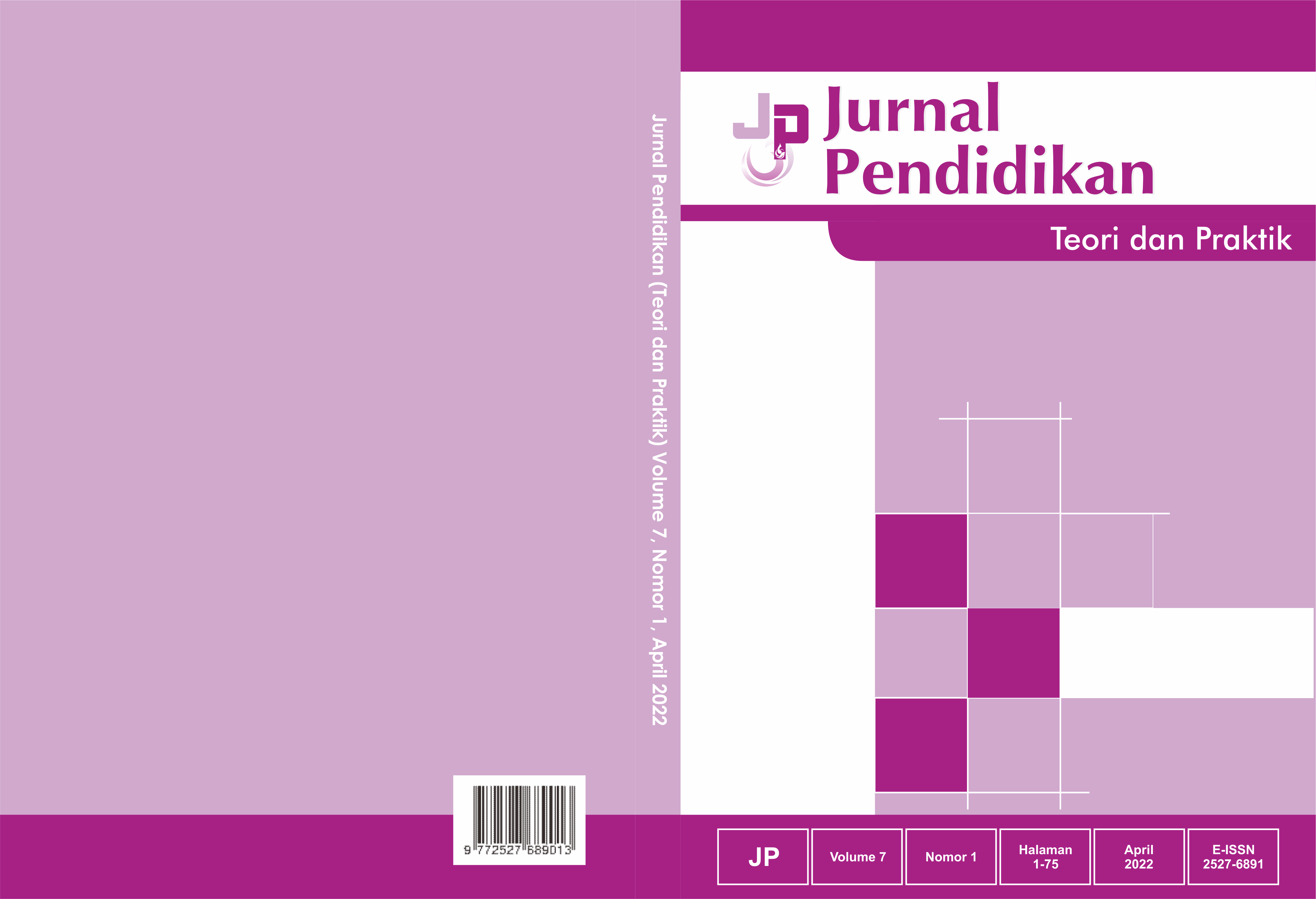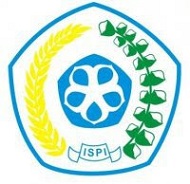THE IMPACT OF MASTERY GOAL ORIENTATION IN MODERATING CREATIVE SELF-EFFICACY ON FEEDBACK RECEIVED FOR IMPROVING INNOVATIVE WORK BEHAVIOR AND CREATIVE PERFORMANCE IN INDONESIAN TEACHERS
DOI:
https://doi.org/10.26740/jp.v8n2.p148-160Keywords:
Creative Self-Efficacy Inovation Work Behavior Creative Performance Mastery Goal Orientation ReciprocityAbstract
Imagination is an imperative characteristic that instructors must possess to fathom different issues within the world of education with the aim that learning can be achieved optimally. Apart from the inherent ability, imagination can also be influenced by several factors. External factors, specifically the role of feedback, and internal factors, specifically creative self-efficacy, creative work behavior, and leadership goal orientation. This study aims to identify the impact of creative self-efficacy, creative work behavior, and leadership goal orientation on imaginative performance, which is influenced by feedback for all instructors in Indonesia. This study was conducted using a purposive sampling method involving 265 instructors from Professional High Schools (SMK) in Indonesia, covering various subjects and having at least one semester of teaching experience. Data were analyzed using Structural Equation Modeling (SEM) with SmartPLS 3.2.9. Some of the findings in this study indicate that creative self-efficacy and creative work behavior have an influence on imaginative performance. Feedback also plays a moderating role in the relationship between creative self-efficacy and imaginative performance factors.
References
Asada, N., Hashmib, H. B. A., Nasirc, M., & Khalidd, A. (2021). Transformational leadership relationship with employee creativity: The moderating effect of knowledge sharing and mediating effect of creative self-efficacy. Leadership, 15(8).
Breaugh, J., Rackwitz, M., & Hammerschmid, G. (2023). Leadership and institutional design in collaborative government digitalisation: Evidence from Belgium, Denmark, Estonia, Germany, and the UK. Government Information Quarterly, 40(2), 101788.
Cai, W., Khapova, S., Bossink, B., Lysova, E., & Yuan, J. (2020). Optimizing employee creativity in the digital era: Uncovering the interactional effects of abilities, motivations, and opportunities. International Journal of Environmental Research and Public Health, 17(3), 1038.
Deng, Q., Zheng, B., & Chen, J. (2020). The relationship between personality traits, resilience, school support, and creative teaching in higher school physical education teachers. Frontiers in Psychology, 11, 568906.
Gielnik, M. M., Bledow, R., & Stark, M. S. (2020). A dynamic account of self-efficacy in entrepreneurship. Journal of Applied Psychology, 105(5), 487.
Haryudo, S. I., Basri, A., & Shodiq, S. (2023). The Effect of Critical Thinking Skills & Digital Literacy on National Insight. JP (Jurnal Pendidikan) Teor. Dan Prakt, 8.
He, P., Zhou, Q., Zhao, H., Jiang, C., & Wu, Y. J. (2020). Compulsory citizenship behavior and employee creativity: creative self-efficacy as a mediator and negative affect as a moderator. Frontiers in Psychology, 11, 1640.
Liu, C.-Y., Lin, W.-W., & Wu, C.-J. (2022). Understanding the properties and processes of a creative teacher team. International Journal of Educational Research, 111, 101909.
Primett, W., Da Silva, H. P., & Gamboa, H. (2022). Sound Feedback for Social Distance. Electronics (Switzerland), 11(14).
Rafique, M. A., Hou, Y., Chudhery, M. A. Z., Waheed, M., Zia, T., & Chan, F. (2022). Investigating the impact of pandemic job stress and transformational leadership on innovative work behavior: The mediating and moderating role of knowledge sharing. Journal of Innovation & Knowledge, 7(3), 100214.
Slamet, S. S. (2020). Hubungan strategi umpan balik (feedback), motivasi berprestasi dan hasil belajar dalam pembelajaran PPKn di SMK. PINUS: Jurnal Penelitian Inovasi Pembelajaran, 5(2).
Stasielowicz, L. (2020). How important is cognitive ability when adapting to changes? A meta-analysis of the performance adaptation literature. Personality and Individual Differences, 166, 110178.
Wisniewski, B., Zierer, K., & Hattie, J. (2020). The power of feedback revisited: A meta-analysis of educational feedback research. Frontiers in Psychology, 10, 3087.
Downloads
Published
How to Cite
Issue
Section
License

This work is licensed under a Creative Commons Attribution-ShareAlike 4.0 International License.
 Abstract views: 363
,
Abstract views: 363
, PDF Downloads: 428
PDF Downloads: 428








.png)





